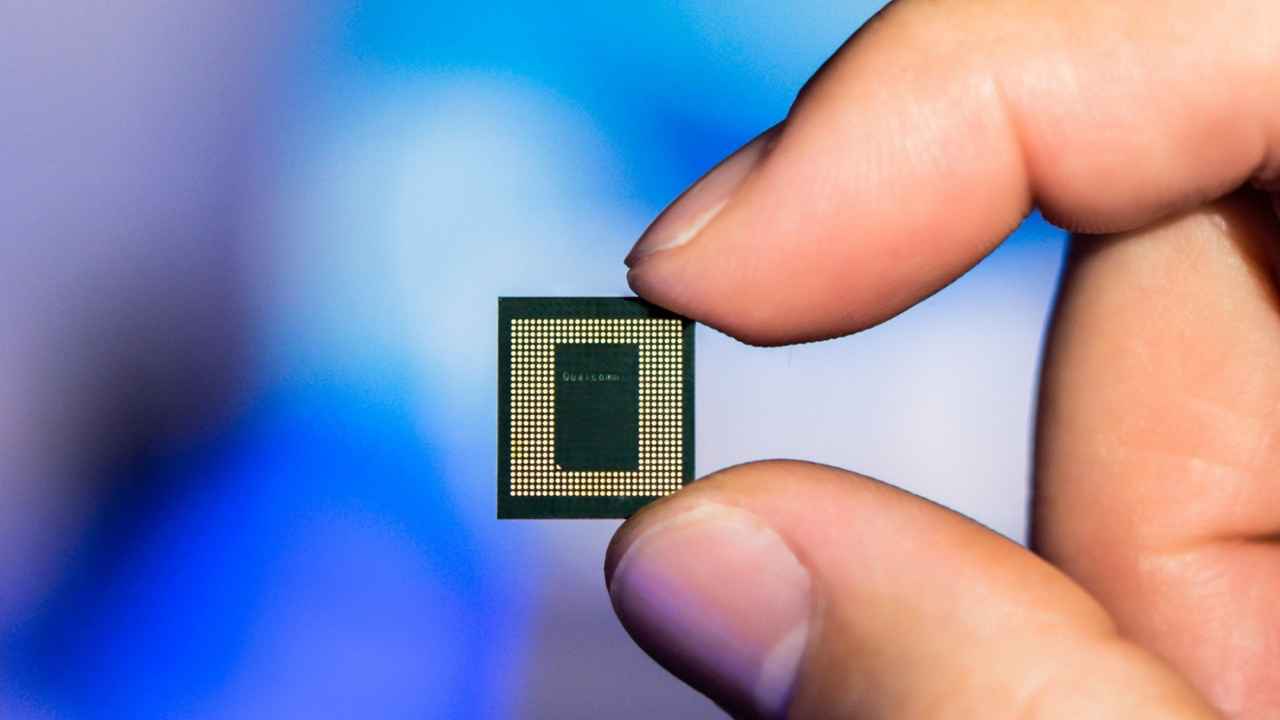Qualcomm and MediaTek under threat by this change in ARM licensing policy

ARM recently announced it is going to make changes to its licensing policy that underpins most of the consumer tech industry. Now, thanks to a Financial Times report, we have an idea of how this new ARM licensing model is going to work or dare we say change the way the consumer electronics industry works. Let’s understand.
The key change is that ARM will charge royalties from device manufacturers (based on the value of the device) and not the chip makers (based on the value of the chip) as it does currently. Since a device costs more than a single chip, ARM earns more. That’s the idea to boost its revenue ahead of its forthcoming IPO.
Let’s break it down even further.
ARM licensing change: How it impacts the chip and device makers
Before, ARM used to license blueprints of the chip design to chip makers and charge a license fee as well as recurrent royalties for every new chip sold.
Now, it charges this royalty from the device makers and not the chip makers. Instead, the chip maker will have to sell the chips to the device makers with whom ARM has its royalty agreement. Arm gets the royalty and the device maker gets the chip.
What’s more, is that these chip companies won’t be allowed to use their own custom ISP, GPU, and other co-processors.
So, this new licensing decision makes news at a time when Qualcomm is said to be working on new 2-tier Nuvia CPU architecture and MediaTek is apparently working with Nvidia for a custom GPU. These plans could thus be under threat from ARM’s new move.
Let’s see how it turns out as it goes into force as early as next year. ARM has reportedly informed the leading chip manufacturers like Qualcomm, MediaTek, and Unisoc as well as device makers like Xiaomi and Oppo. We’ll see how its customers react. They might have to bow down to pressure. “What SoftBank is doing at the moment is testing the market value of the monopoly that Arm has,” says an ex-employee to FT while talking about this radical shift in the way ARM has been doing its business.




